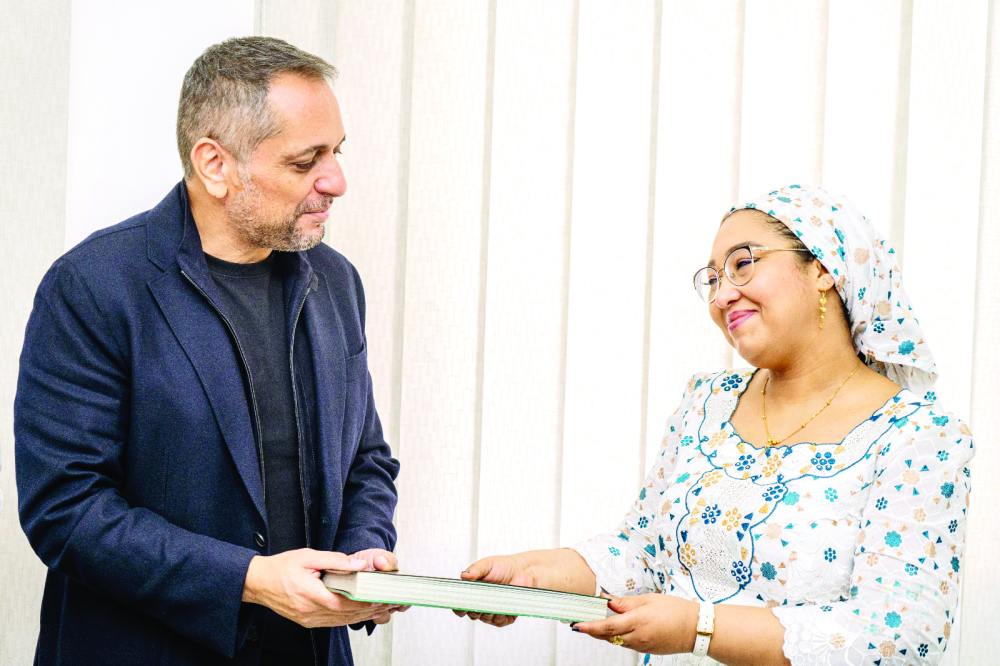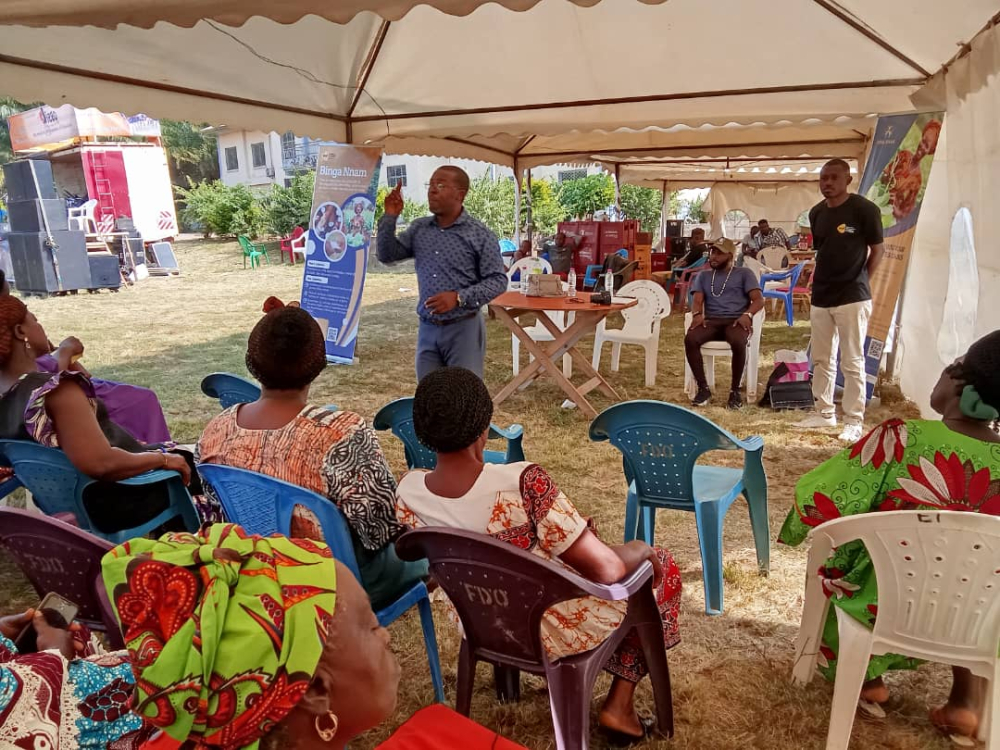The Effects Of Child Abuse
- Par Brenda YUFEH
- 17 nov. 2022 13:12
- 0 Likes
Child abuse affects all domains of a child’s development including the physical, psychological, emotional and social aspects.
People go through difficult and stressful times. Overwhelmed with work or the need for money, it is sometimes very easy to transfer the frustrations on loved ones, particularly children. When children are not loved by those around them, and instead abused, this leaves lasting scars. Experts say some of these scars might be physical which might heal eventually. But others could result in a child’s death. The emotional scars from abuse have long lasting effects throughout life; damaging a child’s self confidence, ability to have healthy relationships, and the ability to function at home, in school and at work.
Fatality
The most tragic and extreme consequence of child abuse is that which results in death. The World Health Organisation (WHO) in their 2006 and 2016 report estimated that 41,000 deaths of children aged 15 or younger around the world, occurred every year. This was considered an underestimation as a large number of deaths caused by abuse go unreported. It has always been a fatal situation when an adult sexually abuses a child. Such is the story of a little girl in Yaounde. After experiencing several physical and sexual abuses from her father, the child succumbed to the cold hands of death.
Trauma, Stress And The Developing Brain
The trauma caused by experiences of child abuse appears to have serious effects on the developing brain of the child. According to paediatricians, the brain develops over time and through interaction with the environment. But chronic stress experienced by children, often fuelled by the absence of consistent, supportive and interactive relationships with adult caregivers, has been found to have an especially deleterious effect on young children's growing brains. This could lead to persistent psychological problems.
Attachment And Interpersonal Relationship Problems
Children exposed to abuse and neglect are more likely to experience insecure or disorganized attachment problems with their primary caregiver or parents. Experts say patterns of child-caregiver or parent attachment are extremely important for a child's early emotional and social development. For children with an insecure attachment, the parent/caregiver, who should be the primary source of safety, protection and comfort, becomes a source of danger or harm. Without the security and support from a primary caregiver, babies and infants find it difficult to trust others when in distress, which may lead to persistent experiences of anxiety and fear. Maur...
Cet article complet est réservé aux abonnés
Déjà abonné ? Identifiez-vous >
Accédez en illimité à Cameroon Tribune Digital à partir de 26250 FCFA
Je M'abonne1 minute suffit pour vous abonner à Cameroon Tribune Digital !
- Votre numéro spécial cameroon-tribune en version numérique
- Des encarts
- Des appels d'offres exclusives
- D'avant-première (accès 24h avant la publication)
- Des éditions consultables sur tous supports (smartphone, tablettes, PC)
















Commentaires